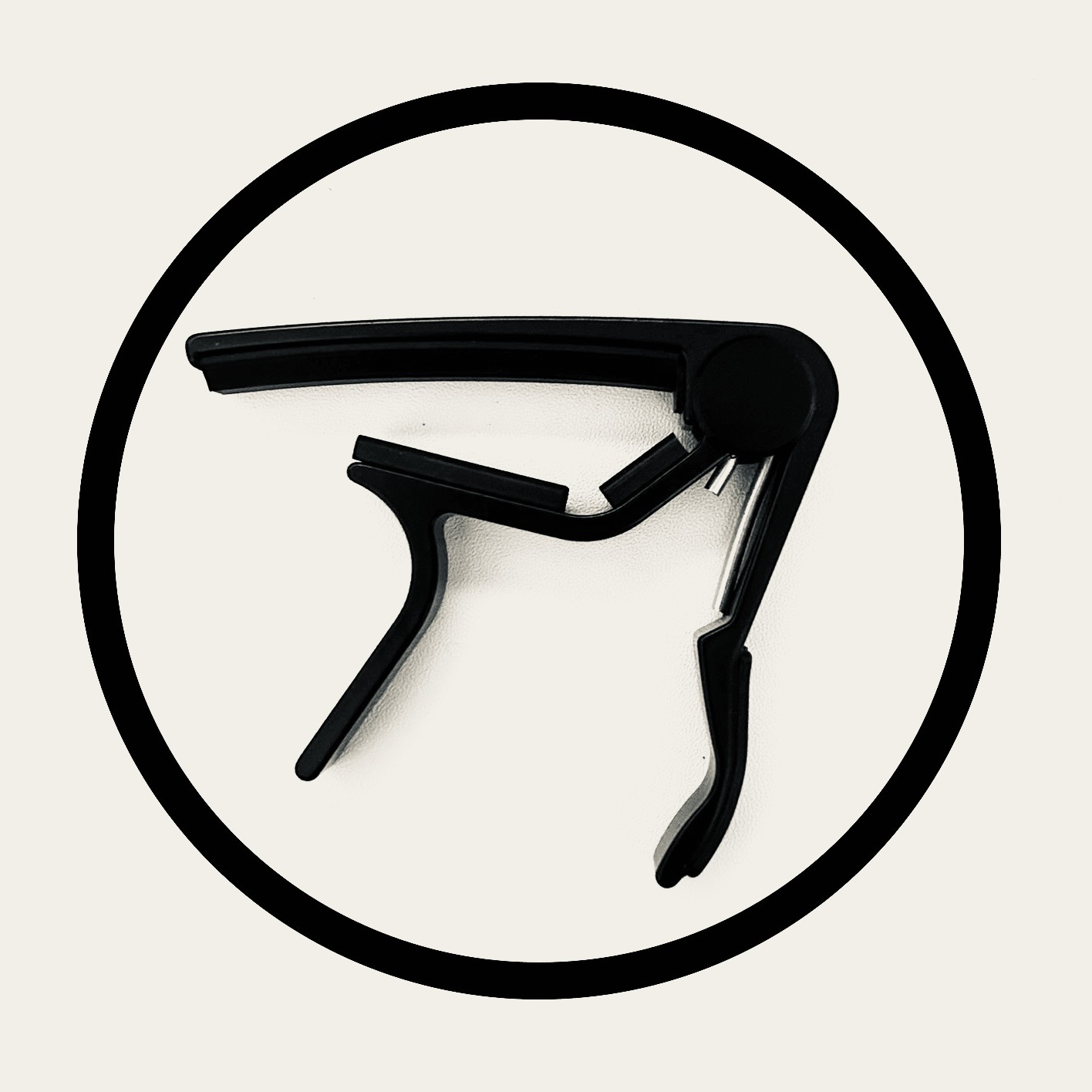Howdy, Stranger!
It looks like you're new here. If you want to get involved, click one of these buttons!
Categories
- 241.7K All Categories
- 22 >> Start Here <<
- 12 New Members
- 8 FAQs
- 86.7K Gear
- 39.5K Guitar
- 3.4K Acoustics
- 1.3K Bass
- 14.6K Amps
- 17.2K FX
- 270 Digital & Modelling
- 765 Other Instruments
- 8.3K Making & Modding
- 421 Gear Reviews
- 107 Guitar Reviews
- 73 Amp Reviews
- 119 FX Reviews
- 87 Other Reviews
- 749 Made in the UK
- 974 Theory
- 1.8K Technique
- 2.1K Live
- 3.2K Studio & Recording
- 2.1K Making Music
- 219 Events
- 15 Guitar Show 2018
- 830 Plug My Stuff
- 105.2K Classifieds
- 41.1K Guitars £
- 2.8K Acoustics £
- 138 LH Guitars £
- 899 Basses £
- 10.5K Parts £
- 18.3K Amps £
- 34.1K FX £
- 2.8K Studio & Rec £
- 6.1K Misc £
- 465 Personnel
- 54.7K Chat
- 36.5K Off Topic
- 1.1K Tributes
- 6.6K Music
In this Discussion
Become a Subscriber!
Subscribe to our Patreon, and get image uploads with no ads on the site!
Klotz La Grange cable
 GavRichList
Frets: 7164
GavRichList
Frets: 7164
in Guitar
I bought one of these in December '14 and it's been my favourite cable ever since, so I was more than a little pissed off when it died for no apparent reason and under no stress etc whatsoever this weekend.
Normally you just just swallow a lead dying, but these are pretty pricey so I was seething.
Imagine my delight upon doscovering that they carry a manufacturers warrant of 5 years!
It goes back via guitarguitar tomorrow. Pretty good service, that.
Normally you just just swallow a lead dying, but these are pretty pricey so I was seething.
Imagine my delight upon doscovering that they carry a manufacturers warrant of 5 years!
It goes back via guitarguitar tomorrow. Pretty good service, that.
0 LOL 0
LOL 0 Wow! 0
Wow! 0 Wisdom
Wisdom
 LOL 0
LOL 0 Wow! 0
Wow! 0 Wisdom
Wisdom Base theme by DesignModo & ported to Powered by Vanilla by Chris Ireland, modified by the "theFB" team.


Comments
https://shop.klotz-ais.com/shop/5489-premade/5452-guitar-instrument-cable/6227-lapr.html
Won a fair few awards too
I'd rather that than money wasted on fancy-looking cables that aren't as well made.
"Take these three items, some WD-40, a vise grip, and a roll of duct tape. Any man worth his salt can fix almost any problem with this stuff alone." - Walt Kowalski
"Only two things are infinite - the universe, and human stupidity. And I'm not sure about the universe." - Albert Einstein
Best idea I can come up with is that a bad solder joint at one of the plugs is acting like a diode, or resistance, which in conjunction with the distributed capacitance is somehow acting like a transducer.. or something. I'll reflow the joints either end next time I fire up the old soldering iron.
Could be that the antistatic bit has been damaged (though it's both tough and flexible). Is it anywhere specific on the cable that is making the noise?
Supportact said: [my style is] probably more an accumulation of limitations and bad habits than a 'style'.
I would guess the opposite - that the shield braiding has broken somewhere, but is still making a fairly good connection past the break via the conductive plastic so it doesn't go to an open circuit. Even a normal cable will often mostly work like that since the individual braiding strands usually don't break in the same place.
Yes, I am a geek and I have post-mortemed dead cables to find out why
"Take these three items, some WD-40, a vise grip, and a roll of duct tape. Any man worth his salt can fix almost any problem with this stuff alone." - Walt Kowalski
"Only two things are infinite - the universe, and human stupidity. And I'm not sure about the universe." - Albert Einstein
Simplest way I can work out is if you had a heavily tin based solder and had used sulphuric acid to clean the joint. Even then it'd need doping with something.
Good point on the shielding - it'd take a fair bit of work to do that much damage, but not implausible. IIRC La Grange is a spiral shield rather than braided, which might make that more likely. I used to like Sommer Spirit for patch leads - that had two spiral shields, wound in opposite directions. Bit of a git to solder the plugs but almost indestructible.
I don't honestly know what goes wrong within the cable to create that fault but it crops up all the time in the PA business
I'm pretty sure this is a known mechanism.
(Edit - although as yet, I can't find a reference to it anywhere now!)
"Take these three items, some WD-40, a vise grip, and a roll of duct tape. Any man worth his salt can fix almost any problem with this stuff alone." - Walt Kowalski
"Only two things are infinite - the universe, and human stupidity. And I'm not sure about the universe." - Albert Einstein
I will investigate further... from recollection, handling the cable anywhere along its length produces loud noise, which is why I suspected some parasitic component at the jacks rather than a localised fault in the shielding.
Good point @icbm, tin is just below silicon and germanium in the periodic table. I was thinking along the lines of oxide or excess flux.